Japan farmers say that It’s unrealistic to use ‘no pesticides or chemical fertilizers for sustainable agriculture. data analytics and information technology play a vital role.
Farmers in Japan are attempting to reduce the environmental impact of their operations by improving efficiency through the use of data and information technology, with the goal of achieving sustainable agriculture.
The government set a goal in its food strategy last year to reduce the use of chemical pesticides and fertilizers by 50 percent and 30 percent, respectively, by 2050. Shuichi Yokota, 45, a rice-growing farmer in Ibaraki Prefecture, is one of the farmers working towards sustainable agriculture.
Also Read | China expands its production of GM crops, taking steps to offset areas of GMO
‘The accumulation of data on when and how many seedlings were planted makes farm work more efficient,’ Yokota said, adding that data analysis can reduce the use of seedlings and fertilizers.
‘It’s unrealistic to use no pesticides or chemical fertilizers at all,’ he says, citing increased outbreaks of plant diseases and pests caused by rising temperatures and humidity from global warming.
The issue is determining how much of the necessary pesticides, as well as the inevitable waste, can be reduced without negatively impacting the environment. Yokota was able to reduce seedling and pesticide costs to half to one-third of the average by improving efficiency through data analysis.
He intends to use unused resources in the region in the future. For example, chicken excrement from nearby poultry farms can be obtained for use as fertilizer. ‘It is necessary to make agriculture sustainable in order to keep our business running,’ Yokota says.
Takuro Sato, 40, an organic farmer in Aomori Prefecture, focuses on an organic chemistry theory that scientifically analyses agricultural techniques in Fukushima Prefecture’s Aizu region.
‘It is more important than anything else to make good soil. The amount of weeds that can be suppressed before rice planting is critical,’ said Sato, who wants to increase the added value of agricultural products.
Sato is attempting to create pest-resistant soil using appropriate compost selected through detailed soil data analysis. Soil temperatures are meticulously managed using an app that manages the production process at each field.
Organic farming is widely regarded as a time-consuming and labor-intensive practice. According to Sato, however, much of the time and labour can be saved by utilizing information technology.
Also Read | Govt looking forward building sustainable economy through promising seaweed production
However, in order to achieve sustainable agriculture, the entire local community’s mindset must be changed. Pesticides, for example, will be dispersed far beyond the intended area if sprayed by helicopter, affecting the fields of other farmers. ‘It’s critical to consider what kind of agriculture we should practice for the future that the region seeks,’ Sato said.

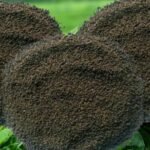
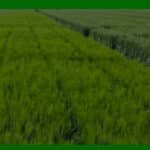
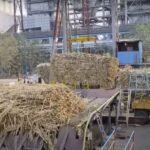
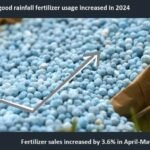
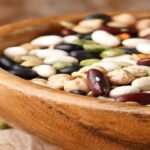
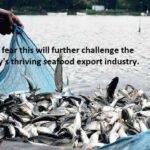
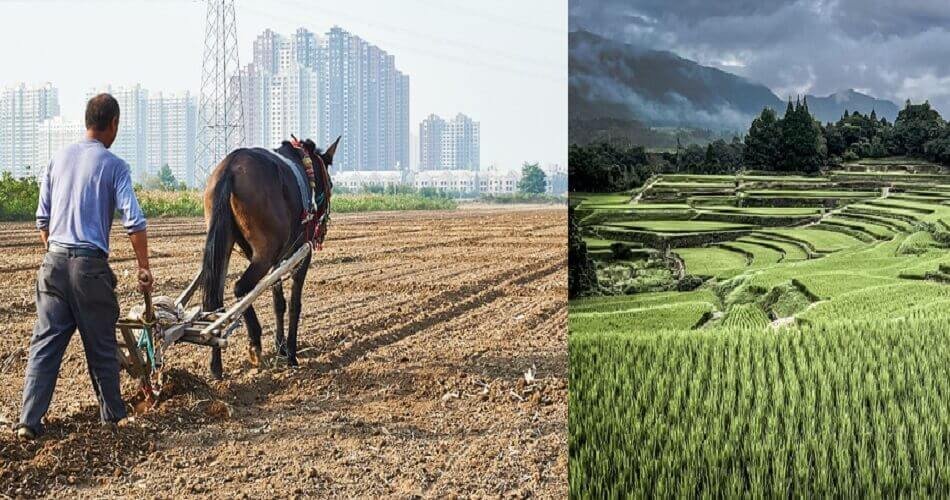



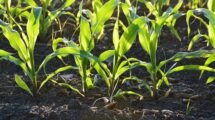
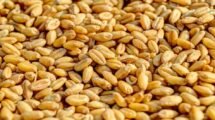





Add Comment